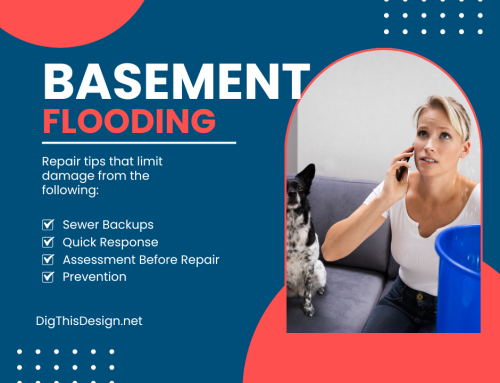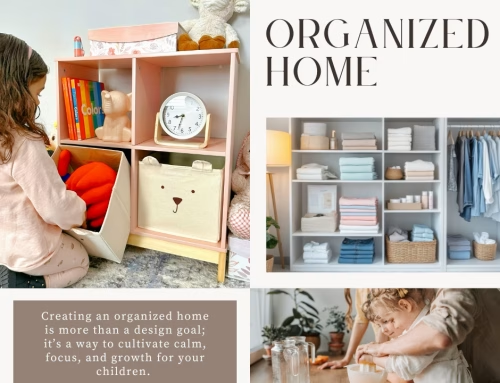Table of Contents
TogglePlumbing Maintenance Guide
Check out these five proven plumbing maintenance tips to help you avoid clogged drains and sewer blockages.
1. Clear and Clean Your Drains
Drains are a crucial part of your plumbing maintenance routine, as they filter debris and flush water away, from shampoo in the shower to food particles in the kitchen sink. Make sure to prioritize regular drain cleaning to maintain an unobstructed flow.
You can use a mixture of vinegar and baking soda to clear slow drains. This method not only helps clear blockages but also absorbs odors, keeping your sinks fresh. Another effective home remedy is pouring hot, soapy water down your toilet and kitchen sink drains to break down oil, fat, and grease.
2. Check for Leaks
Inspecting your plumbing system regularly for household leaks is a key part of plumbing maintenance. Even small leaks can waste gallons of water daily, leading to higher water bills. For example, a running toilet can waste nearly 200 gallons of water daily, while a leaky faucet can waste up to eight gallons per day.
Leaks also pose risks like structural damage and attracting pests such as carpenter ants and termites. When inspecting for leaks, focus on common areas like old toilet flappers, faucet gaskets and washers, showerheads, and in-ground irrigation systems.
3. Be Careful About What Goes Down Your Drains
Proper plumbing maintenance includes watching what you put down your drains to prevent clogs. Items like hair, soap, food waste, mineral deposits, and grease can cause blockages in bathroom and kitchen plumbing. Consider using a hair-catching drain guard in the shower and avoid disposing of food particles like coffee grounds in the kitchen sink.
Clean your pipes regularly to prevent soap buildup and invest in a water softener to reduce mineral accumulation. Always dispose of items like diapers, paper towels, disposable wipes, cotton balls, and feminine hygiene products in the trash, not the toilet. As a rule, only flush toilet paper and human waste to keep your drains clear.
4. Avoid Chemical Drain Cleaners
While chemical drain cleaners may seem like an easy fix for slow drains, they aren’t ideal for plumbing maintenance. They may provide temporary relief but rarely address the root cause of clogs. Worse, they can worsen a sewer blockage and increase the risk of backups in your home.
These products contain harsh chemicals that can damage your pipes over time. Instead of relying on chemical cleaners, use a drain snake or plunger to dislodge clogs. For a natural solution, try a combination of vinegar and baking soda, or consider hiring a professional plumber.
5. Insulate Pipes
Proper insulation is a critical part of plumbing maintenance, especially for pipes in unheated areas like attics, crawlspaces, and basements. Adding insulation to exposed pipes, swimming pools, in-ground sprinkler systems, and hot tubs can protect them from freezing temperatures and potential damage during colder months.
These plumbing maintenance tips will help you prevent clogs and ensure your plumbing system runs smoothly. If you encounter persistent blockages or more complex plumbing issues, it’s best to consult a licensed plumber for a long-lasting solution.





